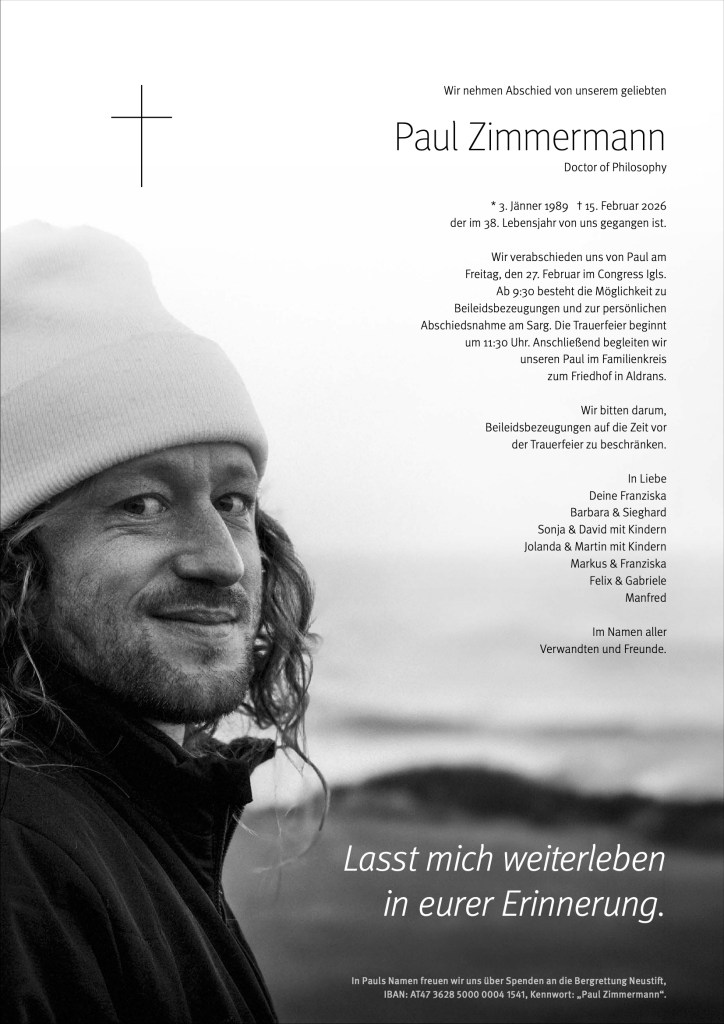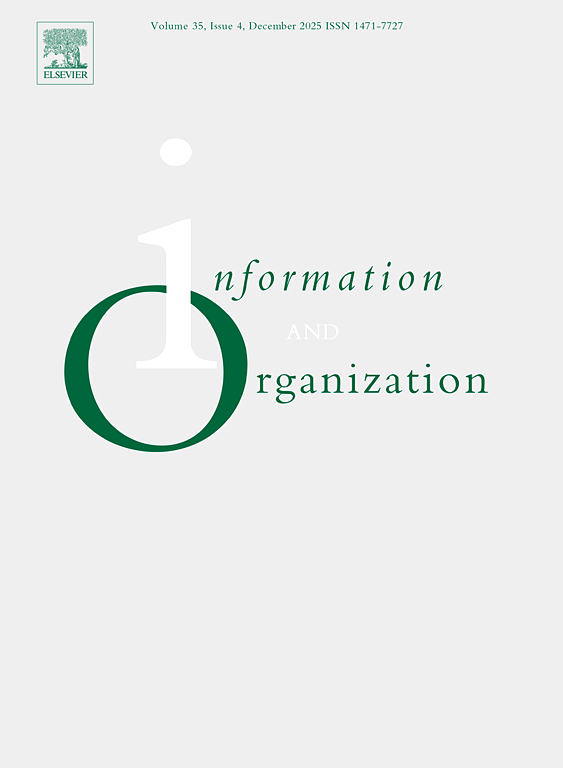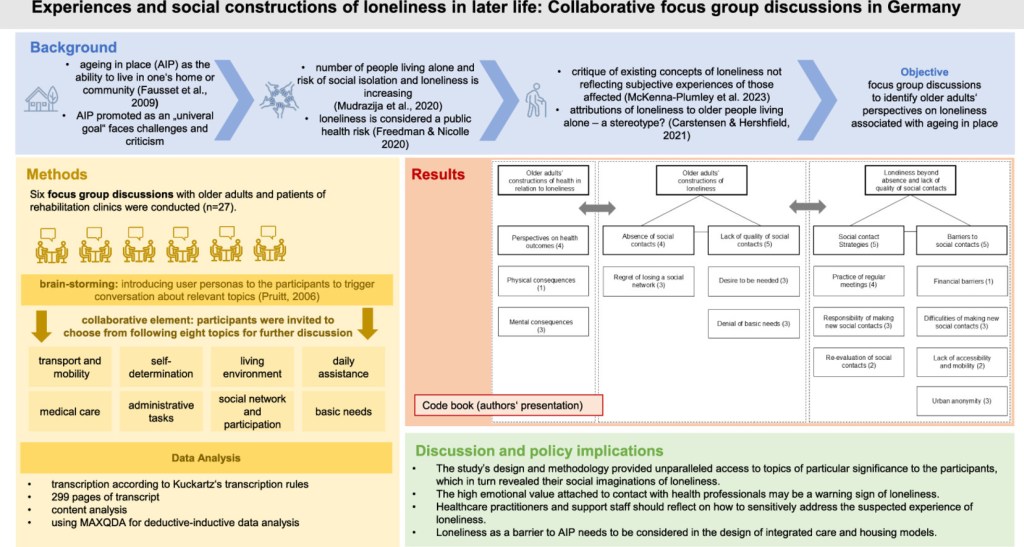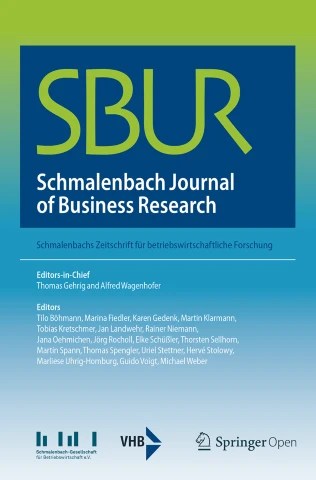It is with great sadness that we share the news that Paul Zimmermann, a valued member of the Organization Studies Innsbruck community, lost his life in an avalanche.
After finishing the Organization Studies Master’s program, Paul successfully completed his PhD (Management) in December 2025. In his dissertation, he critically studied the phenomenon of whistleblowing and how it is regulated and enacted in organizations.









